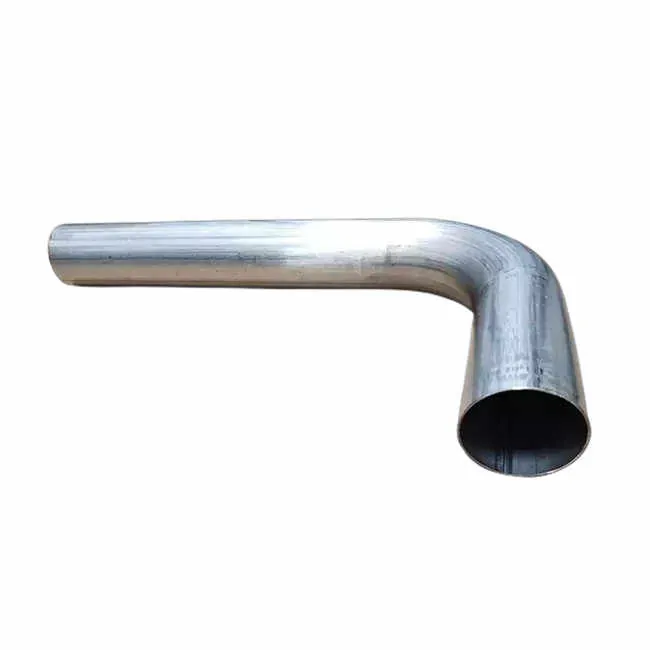7075 vs 6061 for Extruded Aluminum Profiles?

I often decide between 7075 and 6061. Both are common extruded alloys but serve different needs.
7075 is much stronger, but 6061 is easier to work with. I’ll explain the key differences simply.
Let’s compare strength, machinability, cost, and structural performance side by side.
How do 7075 and 6061 strengths compare?
I once used 7075 for a high?stress aerospace part. It lasts under heavy load.
7075 is much stronger than 6061 in tensile and yield strength.
Mechanical properties comparison
| Property | 7075?T6 | 6061?T6 |
|---|---|---|
| Tensile strength (Rm) | 540–620 MPa | 290–310 MPa |
| Yield strength (Rp0.2) | 480–550 MPa | 240–270 MPa |
| Elongation (A5) | ≥5?% | ≥8?% |
| Hardness (Brinell) | ~150 HB | ~95 HB |
| Elastic modulus | ~71 GPa | ~69 GPa |
7075?T6 has nearly double the tensile and yield strength of 6061?T6. But it is less ductile (5% vs 8%). I choose 7075 when strength is critical.
7075?T6 has almost twice the tensile strength of 6061?T6.True
7075 has around 540–620?MPa versus 290–310?MPa for 6061.
6061?T6 is stronger than 7075?T6.False
7075?T6 significantly outperforms 6061?T6 in strength.
Which alloy is easier to machine and weld?
I used 6061 for frames because it welds cleanly. I avoid 7075 when welding.
6061 is much easier to machine and weld than 7075.

Workability comparison
| Property | 7075?T6 | 6061?T6 |
|---|---|---|
| Machinability | Moderate to good | Excellent |
| Weldability | Poor | Excellent |
| Heat treatable | Yes (but difficult) | Yes (easy) |
| Corrosion after weld | High risk | Low risk |
7075 is tougher to cut and shape. It cracks during welding and needs careful post?weld treatment. 6061 machines quickly and welds with standard methods like MIG or TIG. I always pick 6061 for projects needing welding or heavy machining.
6061?T6 welds much more easily than 7075?T6.True
6061 is known for good weldability, while 7075 is not recommended for welding.
7075?T6 is easier to machine than 6061?T6.False
6061 has higher machinability and is easier on tools.
What are the cost differences?
I calculate cost per kg before choosing alloy. 7075 always costs more.
7075 costs significantly more than 6061—by about 50–100% in many cases.

Cost comparison
| Alloy | Estimated cost ($/kg) |
|---|---|
| 6061?T6 | $2.50–3.00 |
| 7075?T6 | $4.00–5.50 |
7075 is often double the price of 6061. Even with its strength, I reserve it for high?end applications. For simpler parts, 6061 gives better value.
7075?T6 is commonly twice as expensive as 6061?T6.True
Typical pricing shows 7075 around $4–5.5/kg, while 6061 is $2.5–3/kg.
6061?T6 is more expensive than 7075?T6.False
6061 is generally half the cost of 7075.
Which is better for structural applications?
I used 7075 in a drone frame because weight and strength were critical. For a medical device enclosure, I used 6061 for weldability.
For heavy?load structural uses, 7075 is best. For welded or machined structures, 6061 is better.

Structural application guide
| Structure type | Recommended alloy |
|---|---|
| High?stress, lightweight | 7075 |
| Welded frames, general builds | 6061 |
| Outdoor structures | 6061 (corrosion & welding) |
| Aerospace, machining tools | 7075 |
6061 works well for welded frames, benches, or structural supports. It resists corrosion and is simpler to build. 7075 is ideal where bending strength and low weight matter most—but needs post?weld heat treatment and more care. I pick 7075 only when strength justifies cost and work.
Conclusion
7075 offers much higher strength but is harder to machine and weld, and costs more. 6061 is a more balanced choice—easy to shape, weld, and cost effective. Pick 7075 for high?load, lightweight design. Choose 6061 for versatile, welded, or budget projects.



